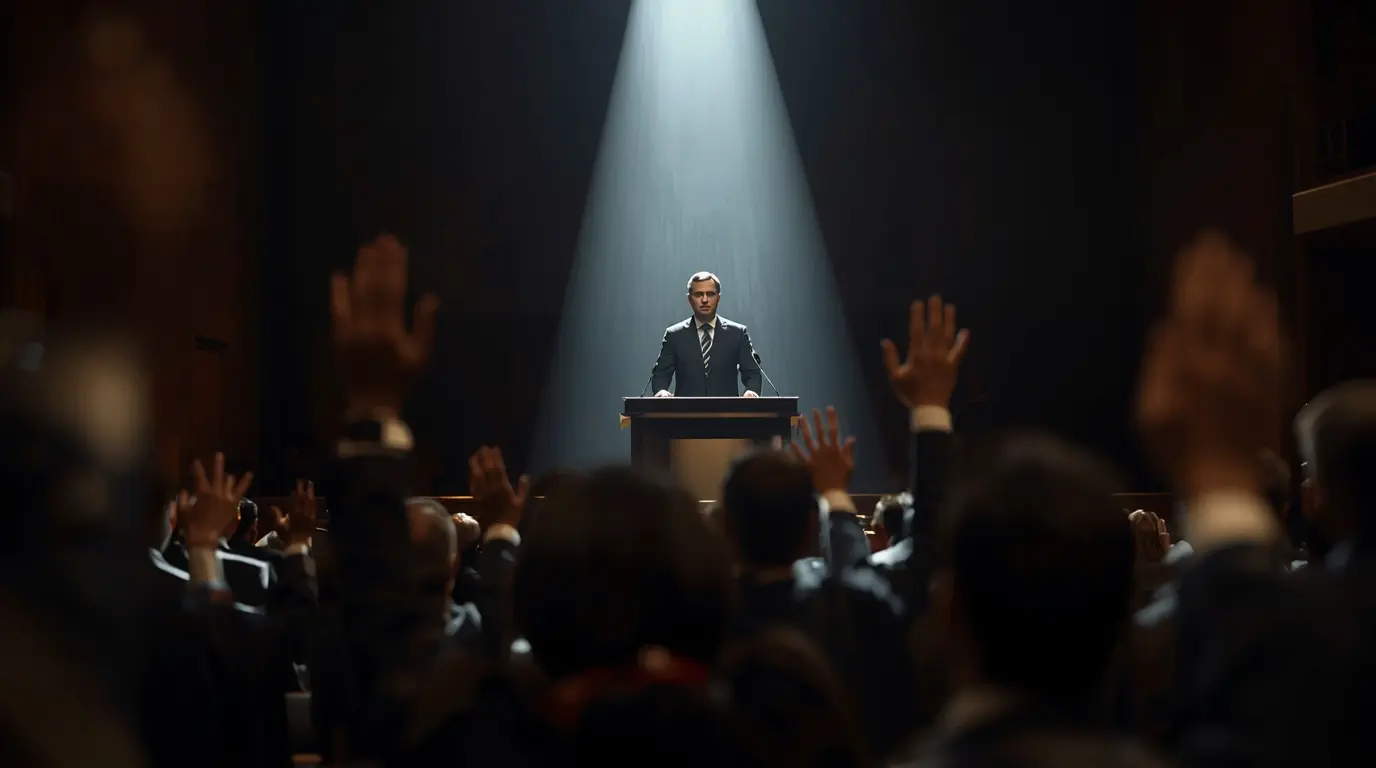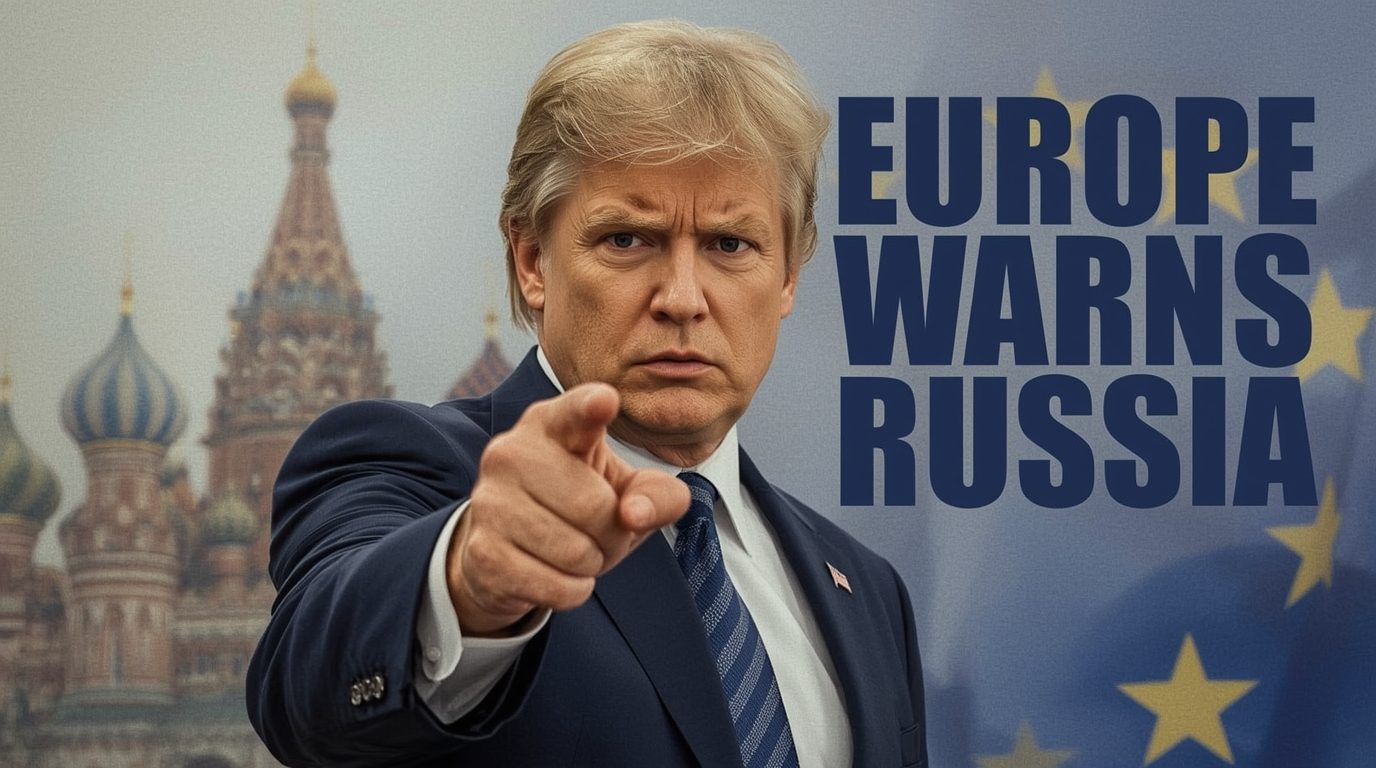France Faces Political Turmoil After No-Confidence Vote
In a tense session that held Paris’ political elite on edge, Prime Minister Gabriel Attal’s government narrowly triumphed in a no-confidence vote at the National Assembly. The motion needed 289 backing votes to topple the cabinet, but paused at 283—six votes shy of victory. The confrontation erupted after President Emmanuel Macron named centrist leader François Bayrou to a top ministerial post without consulting Attal in advance. The narrowly scraped survival spares France the immediate storm of new elections, yet the blade-slim margin unearths a graver truth—Macron’s centrist coalition is now visibly fragile. The episode calls into doubt the remaining years of the president’s mandate, while Attal’s authority has been publicly doubted in a way no other premier of this term has endured. Paris now holds its breath over the governability of the coming months.
The Spark: A Presidential Appointment Ignites a Firestorm
The political crisis ignited last week when President Macron suddenly appointed François Bayrou—leader of the Modem party and a central center-right ally in the ruling coalition—as Minister of State. This high-profile position gives Bayrou sweeping authority that could overshadow even the Prime Minister’s powers. More controversially, the Elysée Palace acted without the usual briefing or agreement from Prime Minister Attal, a sharp violation of the unwritten but deeply respected norm, and one many interpreted as a deliberate public slight. Attal and his closest aides regarded the maneuver as a clear humiliation, since the Prime Minister’s office ordinarily approves cabinet appointments and manages the executive. Inside the government, ministers and advisers whispered of a cynical power play, a token of the President’s growing impatience with a Prime Minister they felt no longer commands the full confidence of the presidency. Colleagues in Attal’s own party, already uneasy with his perceived attachment to Macron, saw the appointment as an open repudiation of the government’s authority. Within hours, parties long hostile to Macron’s presidency—both on the left and the far-right—seized the moment: they forged a coalition to introduce a formal motion of no confidence. The exceptional solidarity between long-time adversaries signaled the shock’s depth and the rare danger a government of Macron’s parliamentary majority now faces.
A Government on the Brink: The Vote and Its Implications
The left-wing New Popular Front (NFP) coalition moved the no-confidence vote, and a surprising number of lawmakers signed on. Conservative Republicans (LR) and, most strikingly, a bloc of the far-right National Rally (RN) crossed the aisle. That a coalition stretching from the far left to the far right almost booted the Prime Minister tells you how shaky the coalition really is in a splintered assembly. They do not have a stable majority, and everyone can see it. They survived this round, but the message is printed in bright red: the Prime Minister runs a minority government, and it is a minority-on-the-brink. Each new policy proposal becomes a skirmish; the specter of a second no-confidence motion hangs in the air. The Prime Minister’s job just got harder than it has ever been. Gabriel Attal, still in his thirties, is now the youngest Prime Minister in French history who must re-establish the grip on the job and patch a fractured public relationship with the newly hawkish President.
Bayrou’s Impact and What’s Next for the Coalition
François Bayrou, a man who’s run for the French presidency three times and is a seasoned broker of power, now finds himself right in the middle of the political whirlwind. Many analysts thought that Macron’s choice of Bayrou for a top seat was a smart way to shore up the centrist EU-supporting vote and to add a dose of know-how to a cabinet that has seen popularity sink. But the way the announcement was handled might have actually made messier waters. For the coalition to move in the same direction, Bayrou—the freshly minted Minister of State—and the sitting Prime Minister need to sync. How the Prime Minister contains the influence of this formidable newcomer is now his measuring stick for statesmanship. If he and Bayrou clash instead of collaborate, the coalition risks internal logjams that could freeze agendas and, over time, freeze the Prime Minister’s own seat.
What’s Next for PM Attal and France?
After the vote, the government buys itself more time but isn’t out of the woods yet. The Prime Minister will try to give off the impression that things will go on normally, but everyone knows the rules have changed for good now. This near-miss feels more like a reprieve than a success story. Prime Minister Attal’s authority has taken a clear hit. The instability we’ve seen since the President lost his parliamentary majority in 2022 isn’t just background noise—it’s the frame within which Macron’s second term will be judged. This latest crisis proves the Palace of Élysee has only limited latitude to steer the country. Attention now shifts to Attal. His task is to show that he is in charge, pass a budget within months—the vote will double as a confidence test—and try to pull together a coalition that has hardly slept easy. A quicker budget, Coalition unity, stronger government: these are his blueprint for survival as PM. France’s political temperature, as he knows, is barely cooling off.
Stay updated with reliable news:
Sports: Sport Flash HQ
Business: Biz Rush
Weather: The Climate Post
Travel: Neon Report
US Local: 24 Hour Bulletin
India Finance: The Lucky Ledger
General: The Chrono Post



